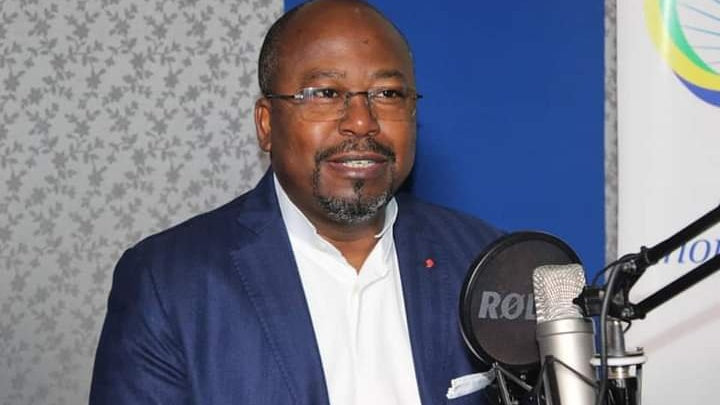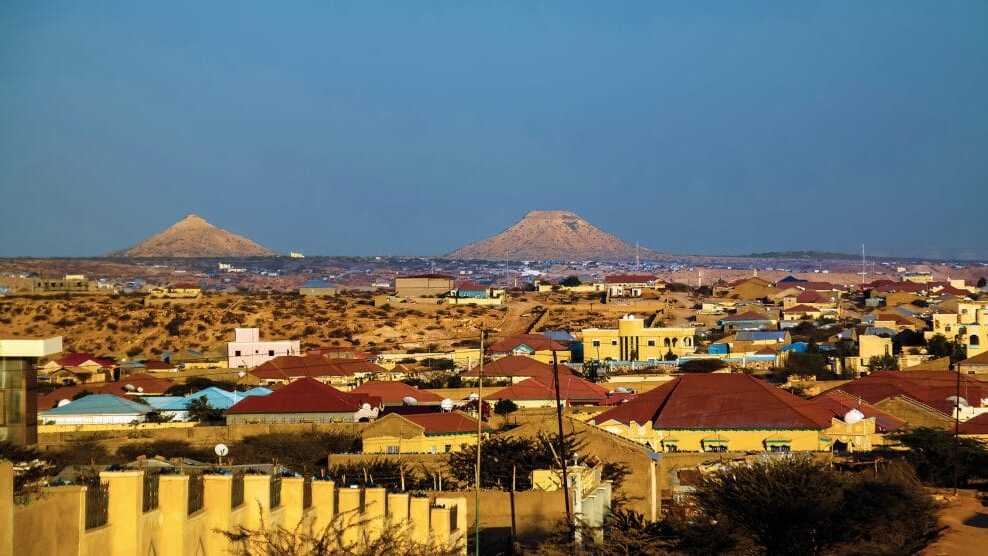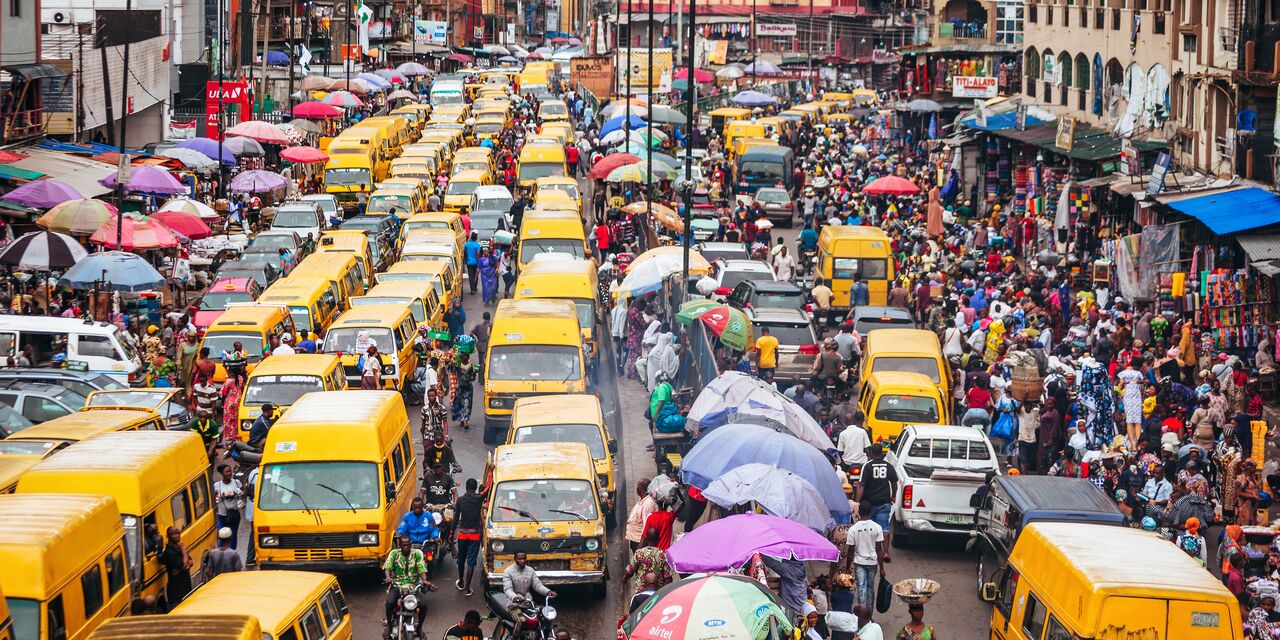Candidates for the presidency must be between 35 and 70 years old, be Gabonese by birth with parents born Gabonese, be married to a Gabonese also born to parents born Gabonese, have resided continuously in Gabon for three years, have a state of physical and mental health validated by a medical college, and benefit from all their civil and political rights.

Gabon: Article 53, Ivorianness with an Oligui twist?
Alain Claude Bilie-By-Nze is sounding the alarm: Gabon, in the midst of a transition after the 2023 coup, is about to miss a historic turning point. General Oligui Nguema , interim president, is expected to deliver on promises of constitutional and democratic reforms. But as the clock ticks, the uncertainty remains.
The draft constitution of the transition led by Brice Oligui Nguema could well be the new Gabonese version of Ivorianness. Article 53, criticized for its ultra-restrictive criteria, excludes nearly 94% of Gabonese from the presidency.
The resurgence of a dangerous model
This provision is disturbingly reminiscent of the policy of Ivoirité, which excluded Alassane Ouattara from the 2000 Ivorian presidential election on the pretext that he was not an "Ivorian by origin". In the Gabonese case, Article 53 seems designed to drastically limit access to the highest office to a small elite, at the risk of dividing the nation on similar grounds to those that fractured Côte d'Ivoire.
National criteria, particularly that concerning the nationality of parents, are particularly singled out. Many fear that this will revive feelings of exclusion among citizens of mixed origin or with naturalized parents, much like Ivoirité has sidelined entire sections of the Ivorian population. In addition, the requirement of continuous residence in Gabon, in a context of a large diaspora, further limits the possibilities for external talents to contribute to national governance.
The spectre of new exclusion
The burning question on everyone’s lips is whether Oligui is aware of the time bomb he could create with this exclusive version of the Constitution . The Gabonese people, looking for a new post-Bongo political dynamic, risk seeing their hopes dashed if the current elite imposes a law that marginalizes the majority.
The age restriction, which eliminates septuagenarians sometimes seen as reservoirs of wisdom and experience, is not the only problem. Health, a subjective criterion in the hands of a medical college, also leaves doubts about the transparency of the process. And the criteria related to marriage are quite astonishing. All this echoes a form of arbitrariness or manipulation that could well be the poison of the new Gabonese Republic.
A missed date with history?
Oligui, supposed to be the man of renewal, is facing a challenge: to prove that this transition will not be reduced to a disguised exclusion of the country's vital forces. The Gabonese people may not have the patience to live an "Ivorianness", especially since History has shown how this kind of regressive policy can lead to internal conflicts.
The Ivorian spectre is well and truly present. And if Oligui persists in defending an article 53 that cuts the grass under the feet of the majority of Gabonese, he could join the list of those who, despite their promises, will have missed their "appointment with history".



1 comment
BITCOIN RECOVERY IS VERY MUCH REAL AM A LIVING TESTIMONY
Good day everyone on the internet. Do you require assistance getting back your lost or stolen ETH, Bitcoin, or other cryptocurrency? Many people have written about how THE HACKANGELS RECOVERY EXPERT helped them recover their cryptocurrency. I invested $1.3 million into a cryptocurrency platform. I visited different web pages and read a lot of reviews and testimonies about THE HACKANGELS RECOVERY EXPERT. I willingly decided to give them a try and it was the best choice I’ve ever made. And the job was done within 48 hours. I feel so fortunate to have been able to get the right team otherwise I have no idea what could’ve become of me. Their exceptional skills and intelligence make them one of the best cyber hackers in the industry. With their expertise in cryptocurrency and Bitcoin recovery, they have assisted numerous individuals in recovering their lost funds. I promised to inform everyone about their service. If I don’t share my testimony then I will be selfish and ungrateful. You can also get in touch with them through their hotline:
WhatsApp (+1(520)200-2320 ), or shoot them an email at (support@thehackangels.com) They also have a great website at (www.thehackangels.com)
If you’re in London, you can even visit them in person at their office located at 45-46 Red Lion Street, London WC1R 4PF, UK. They’re super helpful and really know their stuff! Don’t hesitate to reach out if you need help. I recommend them as a genuine hacker
Bruno Jayvee
Leave a comment
This site is protected by hCaptcha and the hCaptcha Privacy Policy and Terms of Service apply.